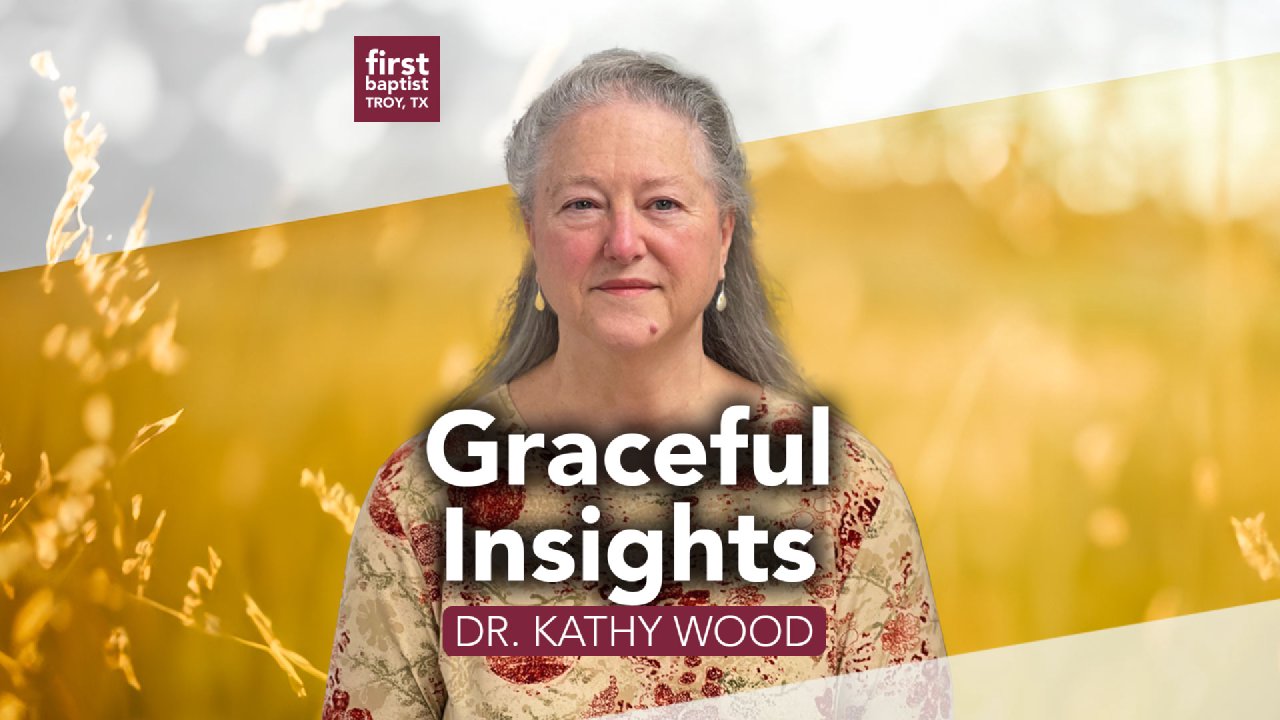In our final episode on evolution, we ask, exactly how did life begin on the earth? Did it crawl out of a primordial soup? Did God really create all the plants and animals – and even humans? Or did humans evolve from animals called primates? And finally, isn’t it possible to believe in both evolution and creation and avoid the controversy altogether?
FULL TRANSCRIPT:
Today we will actually touch on several additional questions that arise in the evolution/creation controversy plus we will look at the origins of life and the universe as a whole.
Let’s talk about life first. Evolutionists believe in the spontaneous origin of life, although it is unknown how that might have occurred. In fact, the probability of life arising by chance on earth over 5 billion years ago was calculated by 2 evolutionists (Sir Fred Hoyle and Dr. Chandra Wickramasinghe) as being one chance out of 1 followed by 40,000 zeros, or essentially 0. Both of these individuals now say that any life in the universe had to be created. They are not biblical creationists but are atheists, and they believe life had to be created – somehow.
Most evolutionists do not believe there is a God but many of them do believe there is a God. In fact, in a round table discussion on PBS a few years ago, the comment was made that “science has nothing to say one way or the other about the existence of God”.
The most generally held evolutionist belief about the origin of life says that life arose on the early Earth by a series of progressive chemical reactions. That is how it is put in the Britannica encyclopedia. These progressive chemical reactions are unknown and may have been highly improbable chemical events.
Well, what do the science textbooks say about all this? Most of them report on an experiment in 1952 set up by Dr. Harold Urey and a graduate student named Stanley Miller. Their theory was that life began in something called a primordial soup – a primordial soup made up of ammonia, methane, and water, among other things and zapped with an electric current as if it had been struck by lightning. When they looked at the molecules that came out of this experiment, they found amino acids. Amino acids make up all of our proteins. They thought that perhaps these were the beginning molecules that would later come together to form something that was living.
Since then, scientists have decided that Earth’s early atmosphere may not have been exactly like the Urey-Miller experiment assumed but they believe that some kind of primordial soup was a precursor to life.
Creationists on the other hand, propose that the Bible is a credible source of how life and the universe originated and we will get into that in a moment. First, though, let’s do some physics! Creationists bring up the 2nd law of thermodynamics to explain why the evolutionist concept of how life began can’t be true. The 2nd law of thermodynamics assumes that things become more and more chaotic or disordered over time. If the 2nd law is true, those primordial soup molecules should go from order to disorder and that is what we see in nature. Evolutionary theory, on the other hand, is essentially saying that these beginning molecules become more and more ordered until they were so complex that life somehow occurred. They suggest that the universe itself started in a state of chaos because of a Big Bang. This Big Bang Theory proposes that billions of years ago all energy and all matter somehow was crammed into a small space. It suddenly exploded and expanded at a large speed – the Big Bang. From this, everything in the universe somehow evolved. From this chaos, everything in the universe became less and less chaotic. That is not what the 2nd law of thermodynamics says. Creationists therefore say that life could not have started that way.
Evolutionists, however, counter that argument by saying that the 2nd law of thermodynamics is big enough to handle that apparent problem. If part of the universe is becoming more and more chaotic and disordered, other parts could become more and more ordered at the same time. A very good example of this is the snowflake. Snowflake crystals are highly ordered and form naturally. This is a physics argument and it is a good one.
So, how did humans come about? Evolutionists believe that humans evolved from ape-like beasts which had evolved from lower forms of life – evolution. Creationists on the other hand point back to the Bible which declares that God the Father, God the Son, and God the Holy Spirit were each personally involved in creation, including the creation of humans. This is first mentioned in the book of Genesis in the Bible which describes how God created woman by transforming a rib of Adam, the 1st man, into Eve, the 1st woman. According to Genesis, Adam was immediately made in the image of God and Eve was made Adam – they were both created fully formed. We find this confirmed in the New Testament in 1st Corinthians 11:8 which talks about “the man does not originate from the woman, but the woman is from the man”. Jesus also confirmed this in Matthew 19:4 when he quoted Genesis 1 as a historical authority. Since Jesus accepted the early chapters of Genesis as literal, the Christian who is in evolutionist essentially finds himself in disagreement with Jesus.
More recently, theistic evolution has grown in popularity because of its acceptance by some of the leading evangelical pastors and theologians. Theistic evolution proposes that Genesis 1 does not refer to 6 normal days of creation; and that the flood described in Genesis was not a worldwide flood. They also say that God used evolutionary processes to create everything that has ever lived. Therefore, another question that must be answered by theistic evolutionists is how can one decide which portions of the Bible should be taken literally and which parts should be considered impossible and unscientific, or perhaps just parables? What about the raising of Lazarus from the dead? What about the changing of water into wine? What about the virgin birth of Jesus Christ? All of these involved divine creation and none of them can be explained biologically.
Some creationists have come up with a different take on this, saying that yes, God created Adam and Eve directly but that there were people outside the Garden of Eden who God created in a different way, i.e., by evolution. They say that those people ended up intermingling with the descendants of Adam and Eve. Currently, this is a fringe idea.
Creationists argue that evolution of man from a primate does not include a fall from an initially perfect man, such as we find in Genesis. If there was no fall, there would also be no need of a Savior from sin. Another thing to consider is that “death” entered the picture when Adam and Eve sinned. Prior to that, apparently all life was immortal according to Genesis 2:17. In Romans 6:23, we read that “the wages of sin is death”. So death was not originally part of the plan. According to the Bible, creation was cursed after Adam’s sin when death entered the world. And without death, evolution is not possible. Evolution depends on death occurring.
So, we have finally reached the end of our discussion of the controversy between creationism and evolution. Honestly, we could have continued looking at this argument for several more podcasts but I really just wanted you to be aware of the main points that are argued. When all is said and done, both evolutionists and creationists depend on faith that their viewpoint is the correct one. Evolutionists have faith in science and its ability, they say, to explain life and origins. Creationists have faith in what God has said in the Bible about life and origins. Neither group can go back in time as far as to actually prove what they believe.
So, why does it even matter? Even in the 1920s, some religious fundamentalists charged that teaching evolution in the schools would destroy faith in God and faith in the Bible. They also argued that there was a danger to morality and ethical standards because students would be taught that humans are only advanced animals, no more than that. If the evolutionary concept of survival of the fittest is followed, this would promote stepping on others to get what you wanted – stepping on others to survive – and that is not what the Bible teaches.
So, in conclusion, as a Christian, I believe in the inerrancy of the Bible. I accept what it says even if I can’t explain all of it as a scientist. As a scientist, I am okay with that because there is a God who ultimately is in control of all that we see. He can intervene in our world at any time. I have no idea all that happened during the creation of the world and the universe and life as we know it. I do, however, believe that a God as powerful as our God is can do anything He wants to at any time. We have a choice to believe what the Bible says or to come up with an explanation outside of what we read in the Bible. It’s really kind of simple.





